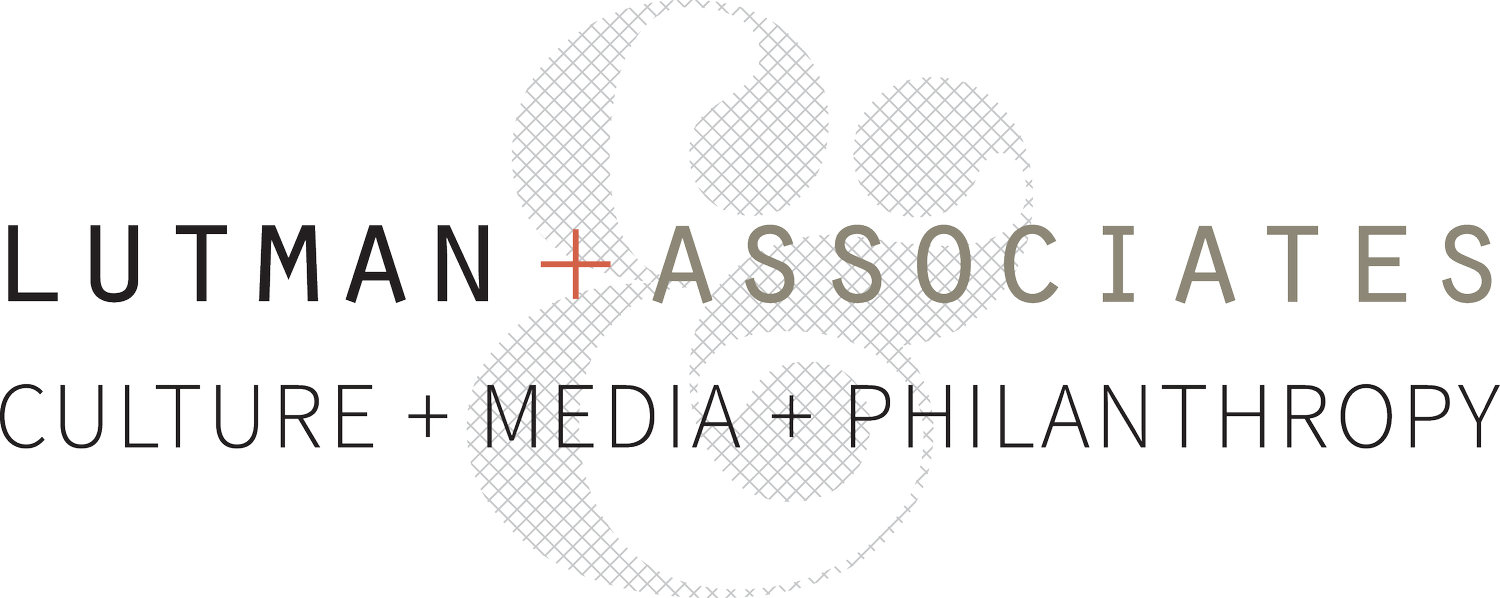Minnesota philanthropic leaders came together early this year to establish a funding collaborative that supports nonprofits serving the state’s immigrants and refugees. Solidarity MN is a partnership among more than a dozen of the state’s foundations, including several of the largest. The group recently awarded its first round of $2,500 grants to nonprofits across Minnesota, and it will offer larger grants in its second funding round this fall.
The aim of Solidarity MN is to support nonprofits led by and serving immigrants and refugees. These organizations are experiencing unusual stress, both in service demand and heightened information needs of their target populations.
The surge in service needs paralleled heated anti-immigrant rhetoric in the 2016 presidential campaign. Since President Trump took office, confusion and fear among Minnesota’s vulnerable newcomers has increased. The service pressures on Minnesota nonprofits are linked to the Trump administration’s shifting rules for entry into the U.S. from different countries, court battles over interpretations of the president’s executive orders, and the increasing number of arrests by immigration authorities.
Somali American Community Radio is among the nonprofit organizations to receive $2,500 grants from Solidarity MN, a new funding collaborative that supports nonprofits who serve immigrants and refugees.
Solidarity MN represents a different perspective, one that embraces Minnesota’s tradition of welcoming new citizens and recognizes the role of nonprofits in doing so. Solidarity MN cites the large number of foreign-born workers in the state (10 percent of the workforce), the contributions of immigrants to Minnesota’s vibrant cultural life (the nation’s largest Hmong population and one-third of U.S. Somali residents call Minnesota home), and the number of immigrant-owned businesses that are contributing to the state’s economy (some 16,000 businesses employing 53,000 workers are owned by immigrant entrepreneurs).
The Solidarity MN partners wanted to reach out to grassroots organizations and get money to recipients in a streamlined way. Using a simple two-page application form, grantors worked with the immigrant and refugee staff employed in their own organizations to identify possible grantees in immigrant communities. Applications were reviewed every Monday and approved as quickly as possible.
The open and easy process allowed foundations to connect with the grassroots. Among the 225 applications submitted to the fund, fully 30 percent were from organizations new to the funding collaborators, says Alfonso Wenker, vice president of the Minnesota Council on Foundations. “One of the keys to identifying these new groups was to draw on their own staff’s lived experiences in communities. Staff tapped their own networks,” Wenker says.
Solidarity MN awarded 80 grants for a total of $200,000. Many organizations receiving grants are led by immigrants and refugees. Among those that received early funding were Somali American Community Radio, a low-power FM station serving parts of Minneapolis, and CLUES (Comunidades Latinas Unidos en Servicios), a Twin Cities-based multiservice organization “by Latinos for Latinos.”
Somali American Community Radio (101.7 FM) is the first FCC-licensed Somali-American public radio station in the U.S. The station carries programming from the BBC in the Somali language. Local hosts translate newspapers and read them on the air, and the station provides health, employment and school information for Somali immigrants.
Its topic areas are broad, ranging from youth engagement to the weather. “We are here to improve lives and to engage productively as members of the community we now call home,” says Mahamed Cali, founder and executive director. Grant funds will help support its programming and expand its reach.
CLUES began serving our area’s Latinos in 1981. Since the presidential election, CLUES stepped up its activities in key program areas, such as expanding legal services to help families understand new rules for immigrants and to help them protect financial assets when they are at risk from deportation or shifting laws. CLUES also helped families and children by convening community gatherings where people can share stories, celebrate their culture and offer each other moral and emotional support.
“Recent events have put us in the position of needing to defend ourselves, our families and our mission—even those of us who have been in the U.S. for a long, long time and are well established,” says Ruby Lee, CLUES’ president. She calls Solidarity MN funding an important acknowledgement of CLUES’ rising demand for services, with support coming “at a difficult time for Latinos.”
Wenker emphasizes that Solidarity MN is not designed as a long-term effort, but rather a short-term intervention to provide much-needed dollars while helping connect the state’s philanthropic organizations with immigrant groups. He thinks the foundation community already has three important takeaways that can be applied to ongoing grantmaking practices.
First, Solidarity MN shows that small organizations, often intimidated by foundations’ typically cumbersome application processes, will seek grants if the application is short and easy to understand and the process is welcoming. Second, nonprofits embraced the ability to apply for rapid-turnaround grants and the flexibility of unrestricted support. Third, funders gained a greater appreciation for the knowledge of staff within their own organizations who share immigrant or refugee identities.
Foundations benefit when they invite participation internally, as well as externally. Wenker says: “By being curious, willing to learn and by listening and adapting, there are plentiful lessons learned that will improve philanthropy for everyone.”
